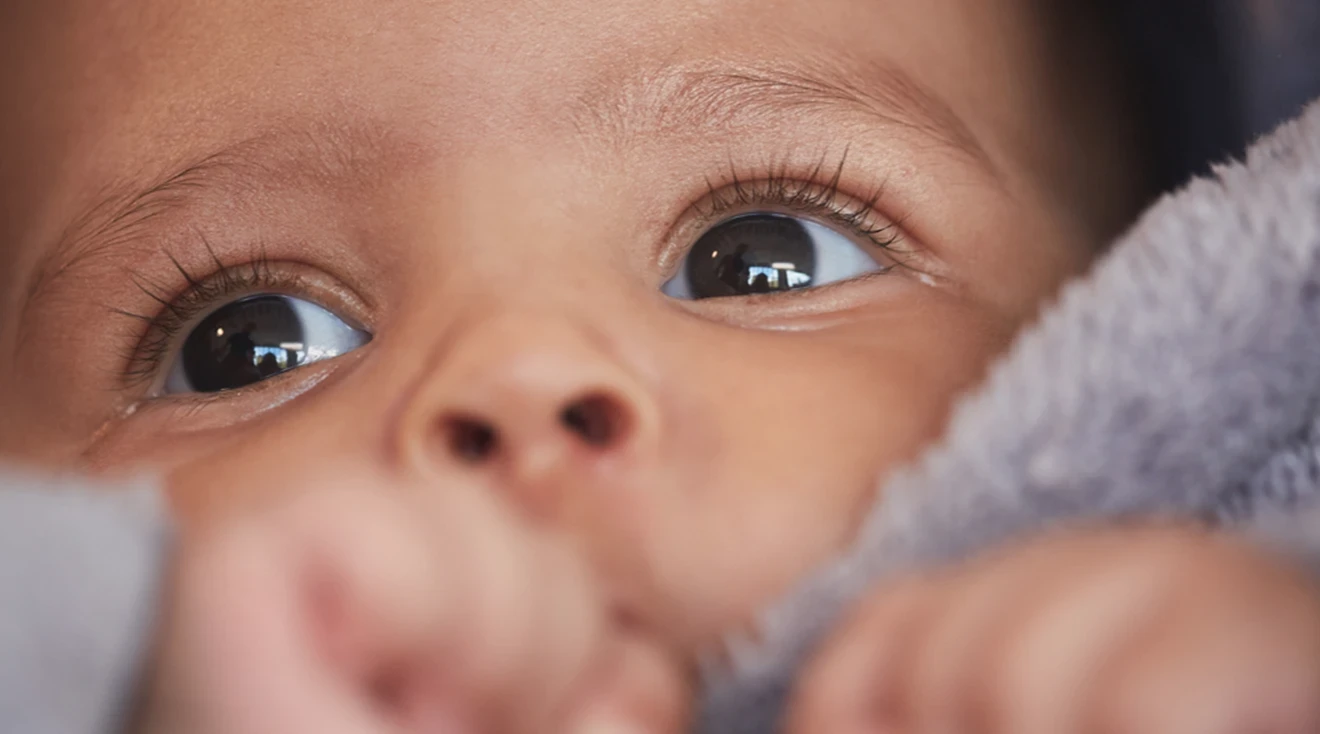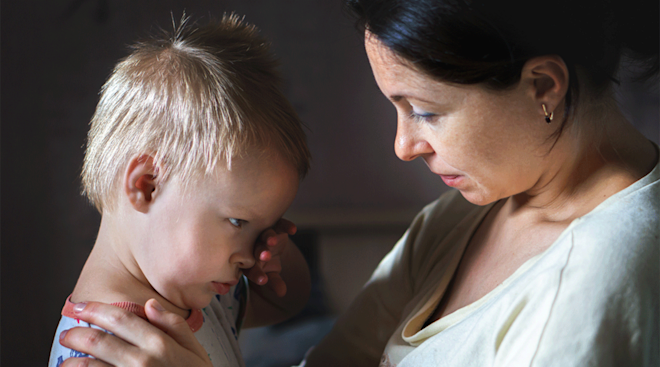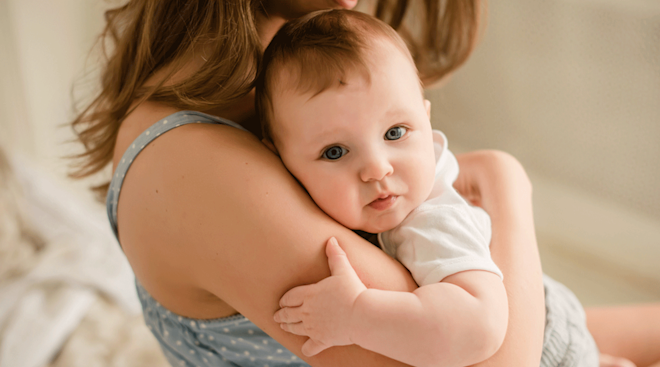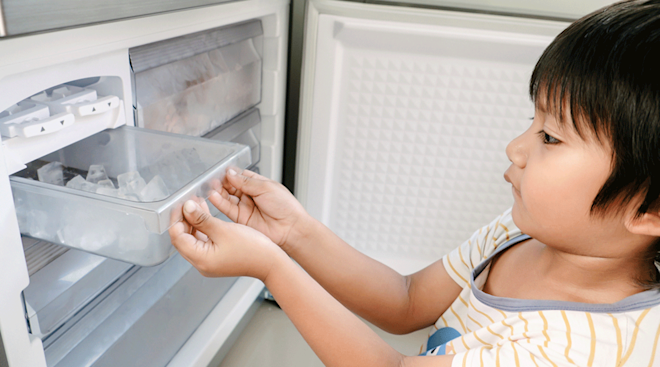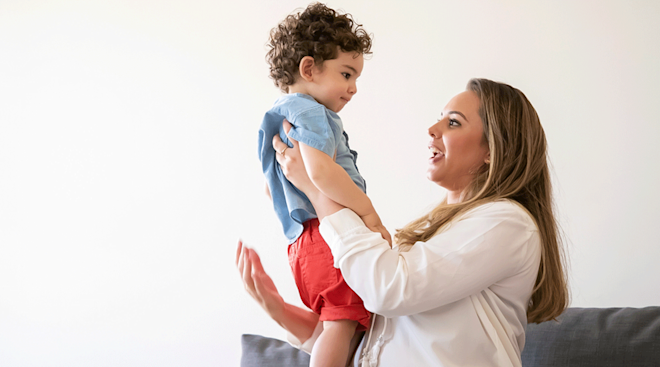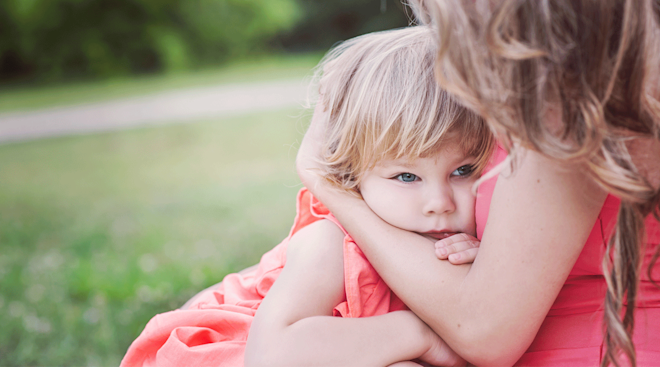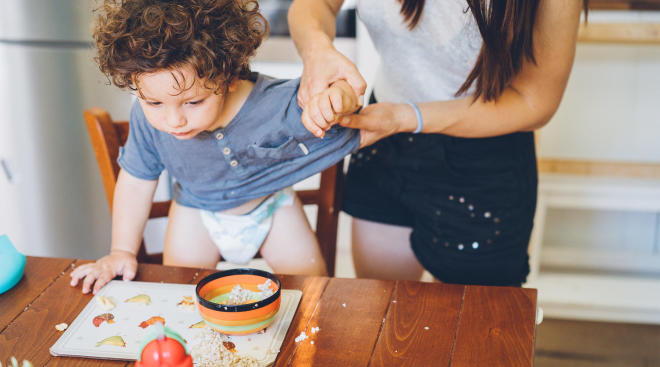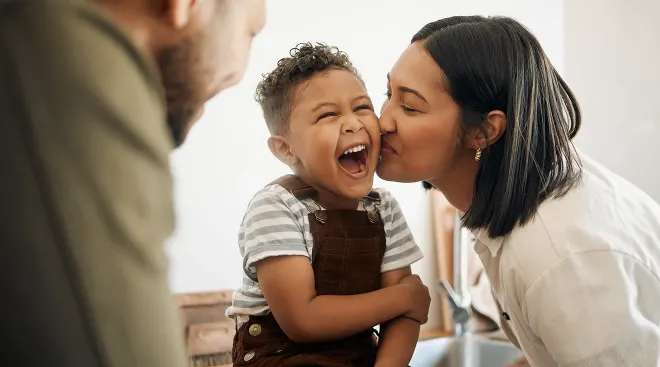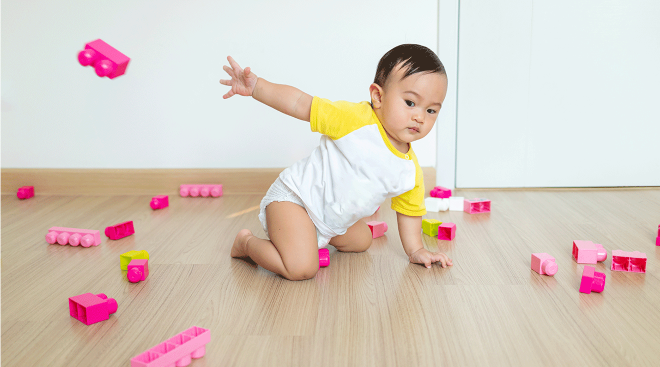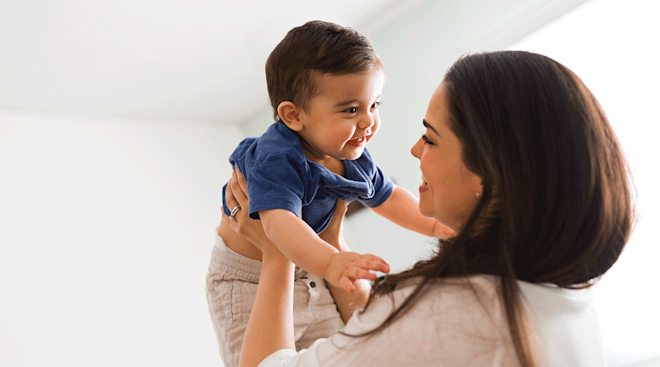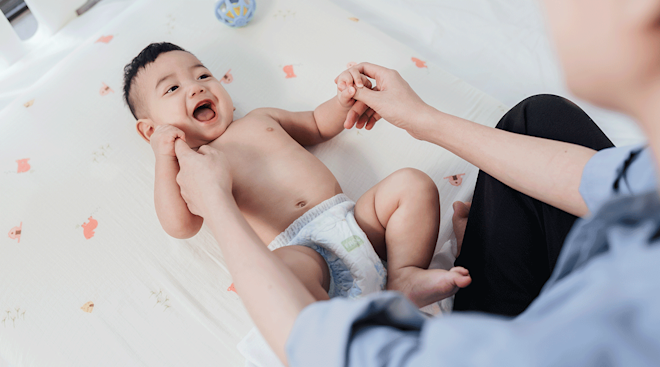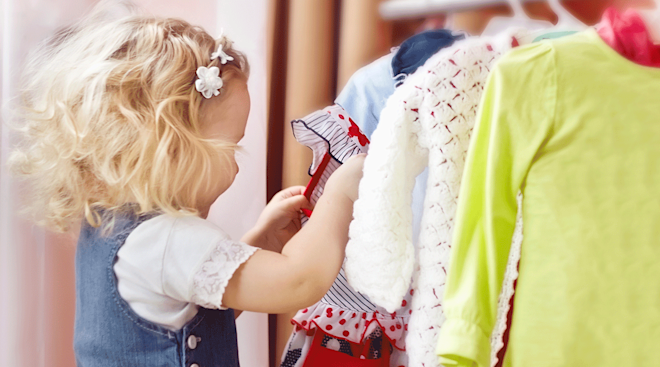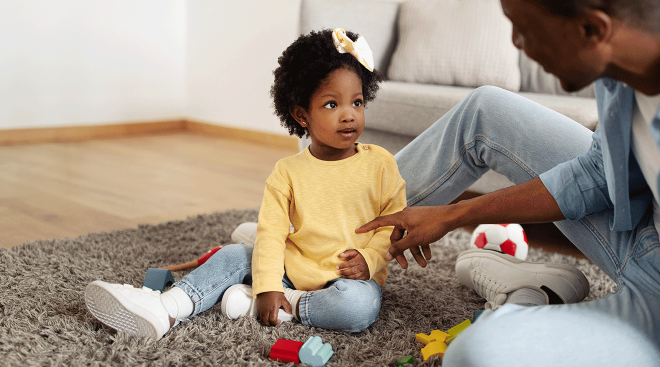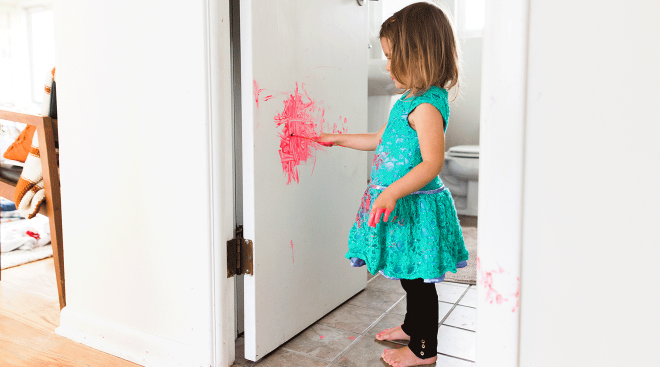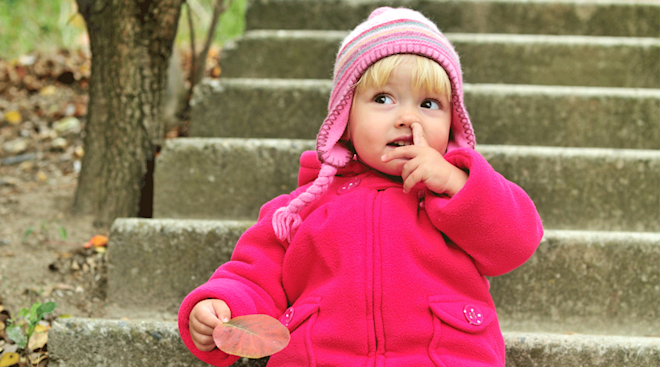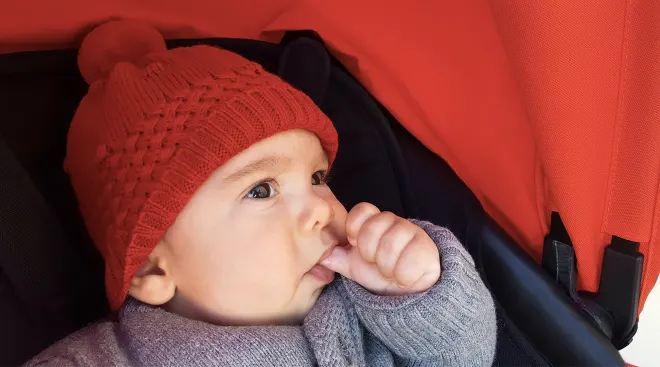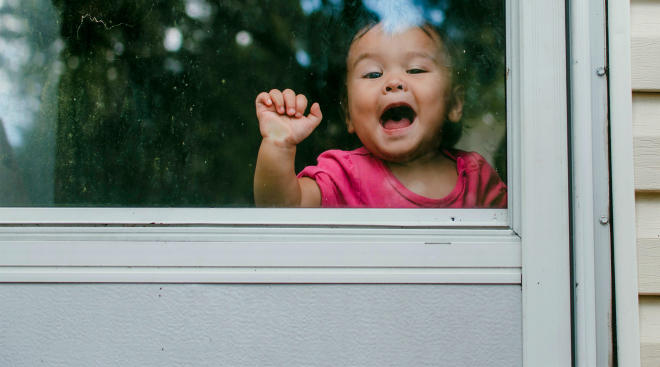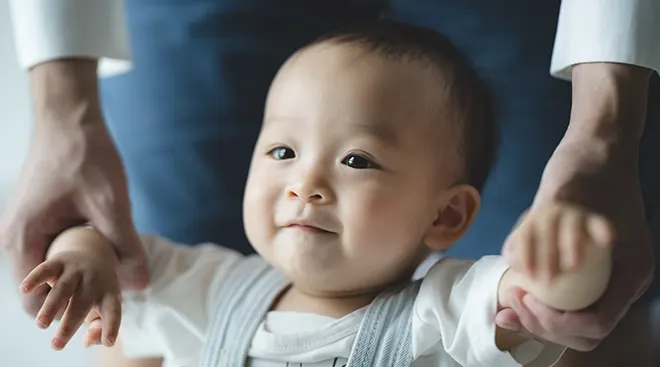Signs of an Overstimulated Baby (and How to Calm Their System)
Engaging with young babies is crucial for their development: Talking to them, making silly faces, taking them out for walks, having them meet friends and doing age-appropriate activities are all great ways to introduce infants to the world around them. But just as with anything, it’s totally possible to overdo it. (What’s that saying about too much of a good thing?) Similar to adults, babies can become overwhelmed by activities and environments. If your little one becomes fussy or starts crying while playing or out and about, it could be because they’re overstimulated. Here, learn the signs of an overstimulated baby, why it happens and what to do—plus how to avoid overstimulation in babies to begin with.
Yes, babies can absolutely become overstimulated. This happens with “they’re overwhelmed with more activities, sounds and sensations than they’re able to handle,” says Alexis Phillips-Walker, DO, a pediatrician at Memorial Hermann Medical Group Pediatrics in Atascocita, Texas.
Many scenarios that are low-pressure for adults can often be overstimulating for babies, including daily errands like grocery shopping or social activities like family gatherings, birthday parties and dinners out. Being in a room full of strangers may be too much for your little one to handle. To help babies adjust, Lisa M. Asta, MD, a clinical professor of pediatrics at the University of California at San Francisco and a fellow of the American Academy of Pediatrics, recommends letting them settle into the event by watching you talk to the other grown-ups for a while before you start passing them around to family members and party-goers.
To gauge whether an event might be overstimulating for baby, also consider whether it will fall during your child’s normal feeding or nap times, as a hungry or tired baby can become overwhelmed more easily. “It’s going to be different because of the needs of babies and the differences with their schedules. You have to be able to change courses quickly to meet your child’s needs,” Asta explains. “You can’t go at it the way you can when it’s just grown-ups.” If you start to see signs of an overstimulated baby, you might have to cut the event short, regardless of whether it’s a party or an errand.
On a biological level, overstimulation in babies leads their bodies to produce a stress hormone called cortisol, which stimulates the sympathetic nervous system—the part of our bodies responsible for the flight or fight response, Phillips-Walker explains. “As a result, the heart rate increases, breathing becomes rapid and muscles tighten,” she says. “Babies communicate this stressful response by crying and are hard to soothe.”
While loud crying is an indicator of an overstimulated baby, there are some other signs to look for, according to Phillips-Walker and Asta. Behaviors will vary depending on the situation and child, but indicators can include:
- Acting fussy or irritable
- Not wanting to be held (though older babies may actually become clingy)
- Refusing to nurse
- Feeling tired
- Clenching their fists
- Appearing scared
Hoping to avoid having an overstimulated baby on your hands? First, it’s important to understand what activities or environments can be triggering for your child, Phillips-Walker says, as this will help you avoid similar situations going forward. Of course, it may not always be possible to avoid overstimulating events, such as running errands—busy parents have things that must get done! To help prevent overstimulation in babies, Phillips-Walker recommends:
- Try to stick to a set feeding schedule
- Keep errands as short as possible
- Arrange for baby to have a little quiet time
- Avoid screen time for children under 2 (and limit screens for older toddlers)
- Work around baby’s nap time
This last one is perhaps most important, as a tired baby can quickly become fussy when they’re overstimulated. Asta recommends keeping an eye out for signs of sleepiness and follow a consistent routine at nap and bedtime. “Baby’s day has to have downtime touchstones to give that time-out message,” she explains. “Now we’ll read a book and not do something stimulating. We’ll sing a song, pull down the shade, put you in the crib with your lovie, and now it’s time to relax.”
The best way to soothe an overstimulated baby is to take them out of the triggering environment. Take them into a room with few stimulants, such as lights, noise, stimulating toys and other people. Baby’s dark, quiet nursery is ideal, Phillips-Walker says; if you’re out of the house, you can improvise by putting baby in a stroller and draping a cover over them to create a dark environment.
To calm down overstimulated newborns and younger babies, Phillips-Walker suggests breastfeeding or giving them a bottle, or swaddling and holding them or rocking them to sleep.
“Don’t be alarmed if baby doesn’t like to be swaddled,” she adds. “Some babies that are crying need their space. It’s okay to lay them down on their backs in a safe space, like a crib, while you’re nearby to pick them up if they desire, or if you’re out, strapped in a stroller. If you’re home, a calm, dark environment and white noise or soft music without lyrics can help as well.”
For older babies (and even toddlers), it’s crucial to ensure that their physical needs are being met first. Check to see if they’re hungry, thirsty, hot or cold. If at home, Phillips-Walker recommends laying your child down in a dark room and doing a quiet activity such as reading a book or cuddling them. “If you can, control your environment,” Phillips-Walker says. “Asking people to speak in lower tones, dimming the lights or closing shades helps.”
Overstimulation in babies is normal, and each child will react to it differently. However, make note if their emotional response seems disportionate to the situation. “This can clue you into issues related to emotional or information processing difficulties,” Phillips-Walker says. “These issues can be related to conditions such as autism spectrum disorder, attention deficit disorder, etc.” As always, if you have concerns about your child’s development, reach out to your pediatrician.
Please note: The Bump and the materials and information it contains are not intended to, and do not constitute, medical or other health advice or diagnosis and should not be used as such. You should always consult with a qualified physician or health professional about your specific circumstances.
Plus, more from The Bump:
Alexis Phillips-Walker, DO, is a pediatrician with Memorial Hermann Medical Group Pediatrics Atascocita in Atascocita, Texas. She earned her medical degree at Ohio University College of Osteopathic Medicine in Athens.
Lisa M. Asta, MD, is a board-certified pediatrician based in Walnut Creek, California. She obtained her bachelor’s degree from Johns Hopkins University, received her medical degree from Temple University School of Medicine and completed her residency at St. Christopher’s Hospital for Children in Philadelphia. She is also a clinical professor of pediatrics at the University of California at San Francisco and a fellow of the American Academy of Pediatrics.
Learn how we ensure the accuracy of our content through our editorial and medical review process.
Navigate forward to interact with the calendar and select a date. Press the question mark key to get the keyboard shortcuts for changing dates.

































